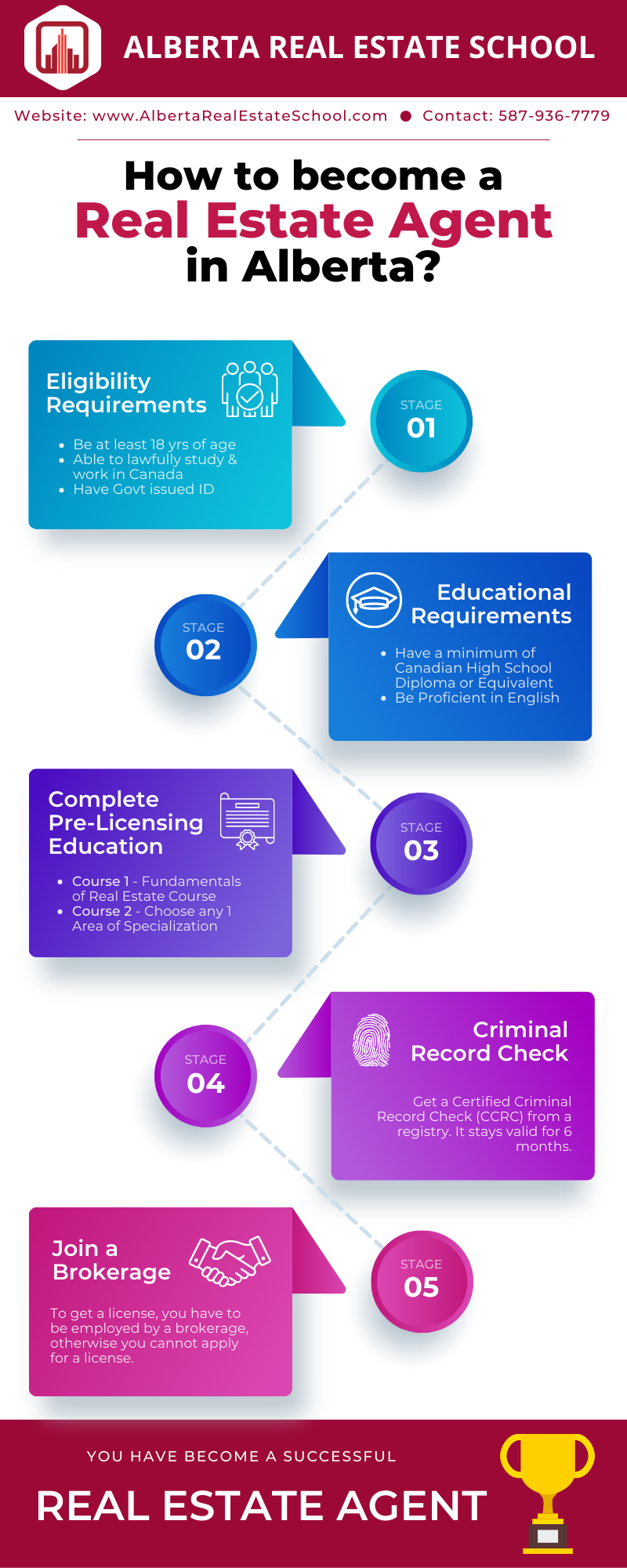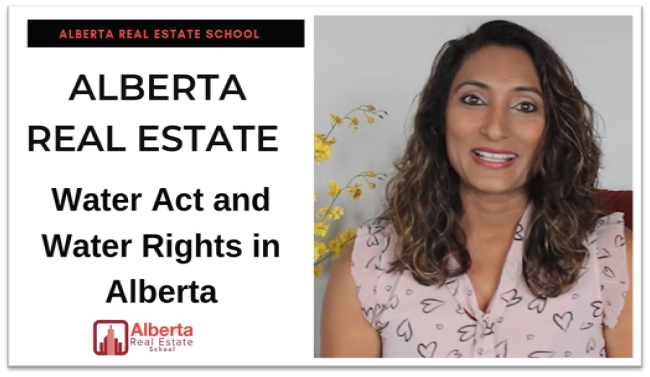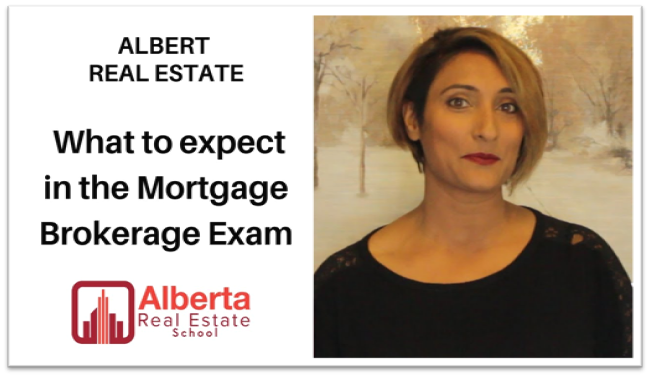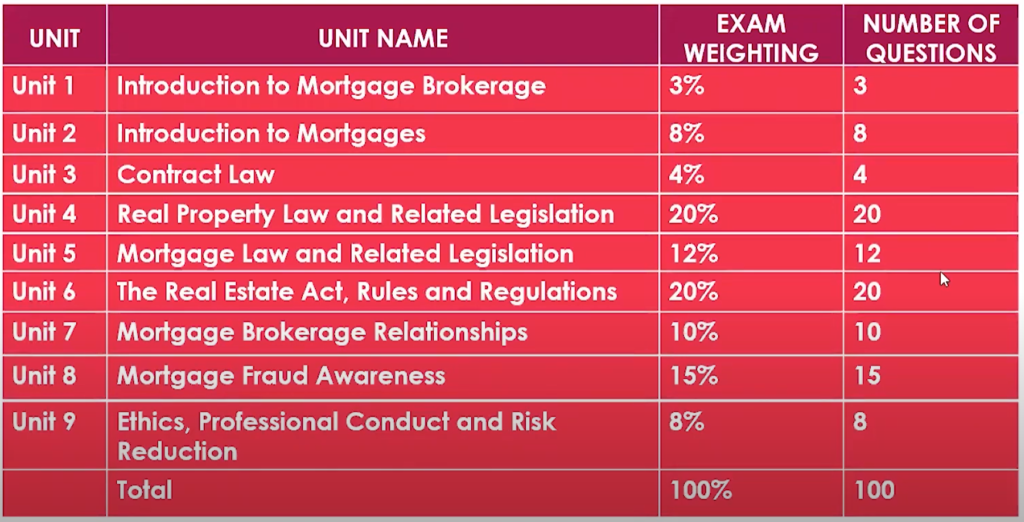How to Become a Real Estate Agent in Alberta or How to become a Realtor® in Alberta?– this is a very common question that is always asked. Alberta’s Starting a career as a Real Estate Professional in Alberta is very demanding these days process to get a clear picture of how your Real Estate Journey is going to start.
The Infographic below will show you the steps to become a Real Estate Agent in Alberta.

Now, let’s take a look at the each of the steps in the process in detail that one can follow to become a real estate agent and get their Real Estate License in Alberta.
There are 4 main steps to get started in your real estate career in Alberta. They are
STEP 1 : MINIMUM ELIGIBILITY REQUIREMENTS
The first step to becoming a Realtor® is to meet the minimum eligibility requirements. Before you can enroll into a Real Estate course, you have to get approval by RECA. They will check your eligibility requirements to see if you are eligible to actually enroll for the course. A person –
- Should be at least 18 years of age.
- Must be able to lawfully study or work in Canada.
- Must be able to provide specific government-issued identification
- Have a minimum of Canadian High School Diploma or equivalent.
- Must be proficient in English.
Education and English Language Eligibility
The basic eligibilities include Education and English language requirements categorized by RECA.
The Education requirements are again different for students with Canadian Education and students for International Education – which we have already discussed in our previous articles. Have a look up for those in the links provided if you haven’t already.
After that, comes the English language proficiency testing. There are slightly different set of steps for Proof of English Language Proficiency with Canadian Education and with International Education which can be found in the associated link.
Once you qualify with the Minimum Eligibility Requirements including the Education and English guidelines set by RECA, the next step is to complete a Career Information Session with RECA.
Complete a Career Information Session
The next step you must do is complete a Real Estate Career Information Session by RECA. It is a 10-minute video that gives you an overview about the career options that are available in the real estate industry within Alberta. It will guide you to choose the option that best suits you for real estate licensing.
Set up a myRECA Account
You also need to set up an account with myRECA. myRECA is RECA’s educational platform that allows you to enroll for the Real Estate exams in Alberta. This account is free, it just takes a couple of minutes to set up. So, you would set up an account there and this is where you would start your eligibility application.
The option you want to pick there is called the Education Eligibility Application. They have a couple of different options in case of a person who has moved here from a different province, and they hold a license there, which is not the case for someone who is starting a brand new with the licensing.
Note: If you have moved from a different province, then you are basically transferring your license which is a different process altogether and is thus not covered in this blog. This is for anybody who is new to real estate, and they do not hold a real estate license anywhere else and they just want to start this process in Alberta.
Fees
Go to myRECA.ca and start the eligibility application. It will cost you a $100 fee. This is a non-refundable fee. Once paid, RECA will start your application process.
STEP 2 : PRE-LICENSING EDUCATION
The next step is to complete the pre-licensing education. Once you submit all the documents you get an approval from RECA. Only then you can enroll for your pre-licensing education to get a Realtor® License. You have to apply for a minimum of 2 courses with RECA in order to apply for the Pre-licensing Education.
1. Fundamentals of Real Estate Course – Mandatory Course
This course gives you the foundational knowledge and skills that you would need to practice real estate in Alberta. The cost for this course is $1250. It’s an online course and you would register for this course online through RECA website.
The course fee will include access to your online course materials, and they also have a help desk in case you have problems accessing the course. You will also get access to the e-book online or you can purchase the course manuals from RECA. There are 2 (big) course manuals for the course. You can check out our the details for our extensively prepared Summarized Notes for this course from Alberta Real Estate School to get a good start in your exam preparation process.
There are 10 units in this Course. You will be required to do online activities and quizzes for each unit before you can appear for the final exam. Once you finish the units, you can take a practice exam and then write the final exam.
The exams can be taken at an authorized exam centres, they are not held at RECA. You can check out the list of authorized RECA Exam Centres for details. Currently, due to COVID-19, RECA is providing an option to take the exams online. You can book them directly though your myRECA account at myRECA.ca.
2. Specialty Courses
The second course that you would do is in one of the specialty areas where you can choose which area you want to specialize in.
The different options are:
- Practice of Residential Real Estate
- Practice of Commercial Real Estate
- Practice of Rural Real Estate
- Practice of Property Management
You must take one of these courses in order to get your Realtor® license in Alberta. You can always do more than one course, but initially, you need to start with one of courses from the list above.
Most people will start off with residential real estate, and then once they have their license and they want to expand their practice, they will go back and take more courses if they need to, so if you wanted to do property management or commercial real estate after, you can always come back and do that later.
The cost for each of the courses here is $800.
Total Duration
Between the 2 courses you get 12 months to complete the education requirements. Within 1 year from the date you enroll in the first course, you have to finish both of these courses.
In a nutshell, a total of 2 Courses and 2 Exams will conclude your Pre-licensing Education for Real Estate in Alberta.
STEP 3 : CERTIFIED CRIMINAL RECORD CHECK (CCRC)
Once you have completed your pre-licensing courses, the next step is to get a Certified Criminal Record Check (CCRC).
There are a couple of different types of criminal record checks, the one that you’re looking for is the one with fingerprinting. It takes a little bit longer, they have to send everything out to Royal Canadian Mounted Police (RCMP) in Ottawa and then you get the results.
Now it will take about two to three weeks for RECA to receive your results, and you can have the results sent directly to RECA. So you do not receive the results directly, but RECA does, which is a quicker process.
And if you already have a certified criminal record check which is within a period of six months, then you can still submit your application by using the same CCRC Account, you don’t need to redo it. Just keep in mind, the criminal record check has to be less than 6 months old.
STEP 4 : JOIN A BROKERAGE
To get a license, you have to be employed by a brokerage, otherwise you cannot just apply for a license.
I recommend you to talk to two or three different brokerages, see which brokerage fits your needs the best and go and sign up with them. Once you go to the brokerage, they will have you fill out an application which will then be sent to RECA and you will be able to get your license after that.
Once you get your License and are practicing Real Estate under a certified Brokerage, you have become a Successful Realtor® in Alberta!
Now, how does Alberta Real Estate School fit into all this?
RAMAN – “Being a Licensee myself, I know what are the obstacles one might face while in a position to pass the Alberta Real Estate Exam.”
1. STUDY GUIDES & MOCK EXAMS WITH SOLUTIONS
When you are going through the RECA course you will be given two big manuals for the first fundamentals course, and you will have a big hefty manual for the residential course as well. They are massive with no clear instructions on what is important to focus. The 70% mark is a tricky one to get through, especially in the Alberta Real Estate Exams as the questions are trickier than you expect.
Alberta Real Estate School specializes in offering focused, summarized notes that will focus on key areas that you will have on the exam. Our tutoring has helped many students clear the Alberta Real Estate Exams in the first attempt. Our theory of understanding the concept and giving point to point instructions about the important topics is exceptional.
We scrape out the excess unnecessary information and guide you towards the most relevant topics that you can expect in the exams. We will give you a chance to understand the concepts in a simpler and more effective way and give you personalized tutoring to make you confident about the topics.
Have a look at our list of Extensive Study Guides with Summarized Notes, Key Areas of Focus, and Sample Exam Questions:
2. PERSONALISED TUTORING
If you feel that you need more in-depth understanding of the real estate concepts, you can join us online or in-person. This way, we help you understand these concepts by discussing and explaining each one of them in detail. We can answer the questions that you may have, help you break down the concepts, and can also help you with assignments and unit quizzes if you are struggling with getting those correct.
Instead of going through the 500-page manual, our Condensed Guides are much smaller Study Guide where you will only focus on the information that you really need to know in order to prepare for your exam. You’re thus, not wasting your time on the areas that are not relevant for passing the exam. Eventually, you’ll be able to go through the material much quicker.
Have a look at our Personalized Tutoring Services offered for the following Courses:
3. SPECIALIZED EXAM PREPARATION SESSIONS
We will help you prepare for your exams. Our most innovative tutoring techniques introduces a separate session before you attend the exam to help you revise the different key areas that you will need to focus on. We’ll go through sample questions and guide you through the procedure to attempt the exam.
We have Special Exam Preparation and Personal One-on-One Tutoring Sessions for Customized Topics to hold you in your most difficult time.
When we are doing things on our own, it can be quite hard and maybe hard to motivate ourselves. So this is where Alberta Real Estate School is here to support you and help you get through this.
Our specialty is we provide quality education and tutoring that will guarantee to make you pass the Real Estate Exams in the First Attempt!
CASE STUDY
We had one of our students who was very concerned because she had not studied in a long time. She was doing a career change. Studying on your own with not a single classroom session is not easy. We helped her understand all the important topics by notes focusing on the key areas and other unimportant things scraped out and making multiple practice sessions and exam preparation sessions before attempting the exam. She received over 88% in all of her exams. She passed all three exams on her first attempt with good grades, and she was able to get through this process in three months. She did extremely well and today she is a successful Real Estate Agent in Alberta. (We are proud of her!)
Join Alberta Real Estate School for expert help with understanding the concepts of Real Estate and getting uncommon and detailed tutoring sessions customized as per your needs. Get our personalized Notes designed to get you through the Real Estate Exams in the first attempt! You can become a Successful Real Estate Agent in Alberta with Alberta Real Estate School. Visit our list of Real Estate Tutoring Sessions for details.
If you have any doubts for Exam Preparation of any of the real estate courses or topics, reach out to us directly at 587.936.7779.

Our extensive expertise can help young applicants become successful Real Estate Agents and get break-through advice and exposure through our voice in the Real Estate Community of Alberta.
Check out our YouTube Channel and bookmark your Favourite Playlist!
You can also listen to the blog on our Podcast below. We hope you find this information useful. Happy Studying!








